Curriculum
Dance
Exam Board: RSL
| Dance Curriculum Summary | |||||||||||
| Year 7 | This section will be updated shortly. | ||||||||||
| Year 8 | |||||||||||
| Year 9 | |||||||||||
| GCSE | General Information Dance is fundamental for developing an individual’s creative, imaginative, physical, emotional and intellectual capacities. The study of Dance contributes to pupils’ aesthetic and social development as it promotes fitness and wellbeing. During the course, pupils will improve their confidence, self-esteem, body awareness, sensitivity to others and team work. Effective performance requires the candidate being able to dance in front of an audience in both solo, duo and group work. It also requires physical effort and the determination to succeed and improve. Pupils will be required to take on the role of a choreographer where they will need to employ the skills of creativity and problem solving. They will have to direct others and make informed decisions about the dances they see. This qualification also provides a route to studies in further and higher education in Dance or Performing Arts, as well as vocational or professional training and community activities. Pupils will learn techniques and practices as well as explore professional performance pieces from a variety of different dance styles from Ballet & Contemporary to Hip-Hop and Jazz. They be expected to choreograph dances using a stimulus and respond to a performance brief in order to create a workshop performance. Pupils will perform in front of their peers and wider audiences to help improve their confidence and performance skills. There is a great deal of practical work which requires a high level of commitment to the course as well as theoretical elements for each component. What will I need to succeed?Successful candidates will require:
Subject Content RSL Level 2 in Creative and Performing Arts – Dance The qualification comprises of 50% externally assessed (core unit) content and 50% internally assessed (optional unit) content. Externally assessed core units include timed assessment under controlled conditions based on assignments set and marked by RSL. The remaining unit can be selected from a set of optional units and is internally assessed (i.e. teachers in centres provide assessment opportunities for, and assess the work produced by pupils). Pupils must pass both the core unit and optional unit to be awarded the Certificate.
The subject content will include both practical and theoretical lessons. Pupils must complete one external unit and one internal unit. Pupils are awarded a grade from Pass to Distinction *. A pass grade is the equivalent of a level 4 pass for a GCSE. What it can lead to after leaving Swanmore College: A higher level Dance course at College; Jobs within the Performing Arts; Dance teacher; Choreographer; Dancer; and Dance therapist to name but a few. FAQ’s: Is a Level 2 Qualification the equivalent of a GCSE? Yes. A GCSE is also level 2 qualification. A RSL Level 2 Certificate is recognised at the same level as the GCSE. It just goes by a different name. Will colleges recognise the qualification? Yes they will. Colleges also offer courses that don’t carry the traditional A-Level moniker, so will be familiar with a variety of Level 2 courses that do not carry the GCSE name. Why change from the GCSE? The RSL offers a more practical approach to the study of Dance and movement than the current GCSE specification. Whilst there is still a theory element to the RSL course it is not as heavily weighted in favour of the theory as the GCSE (which is 40% in total). Pupils can focus more on the practical study of a practical subject. |
||||||||||
REVISION HELP
